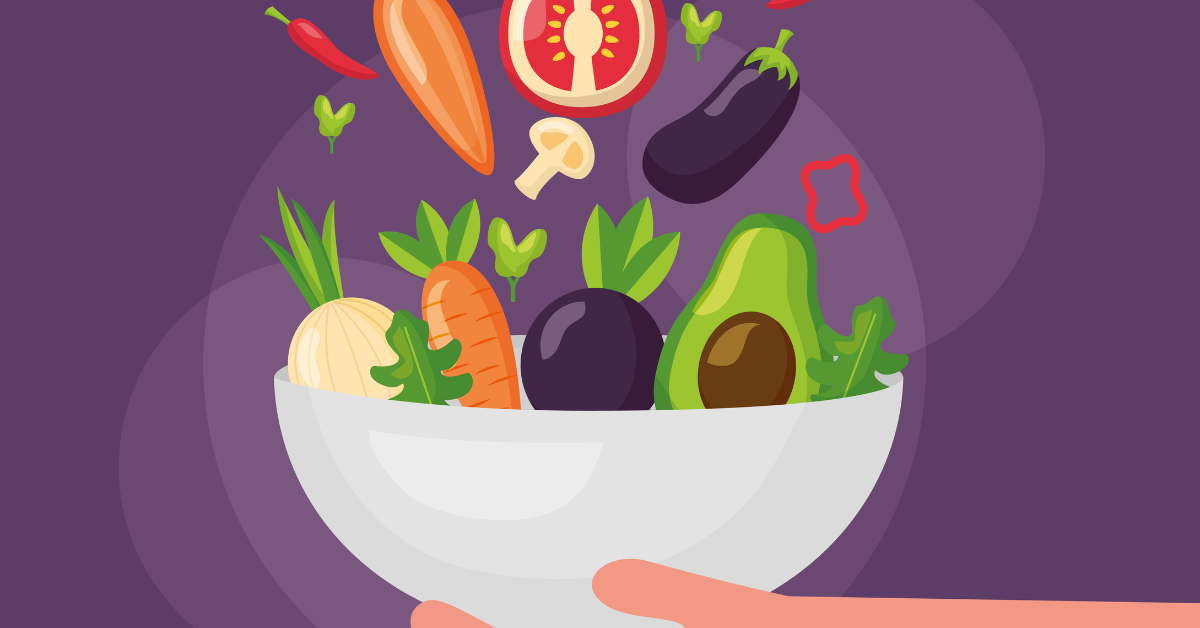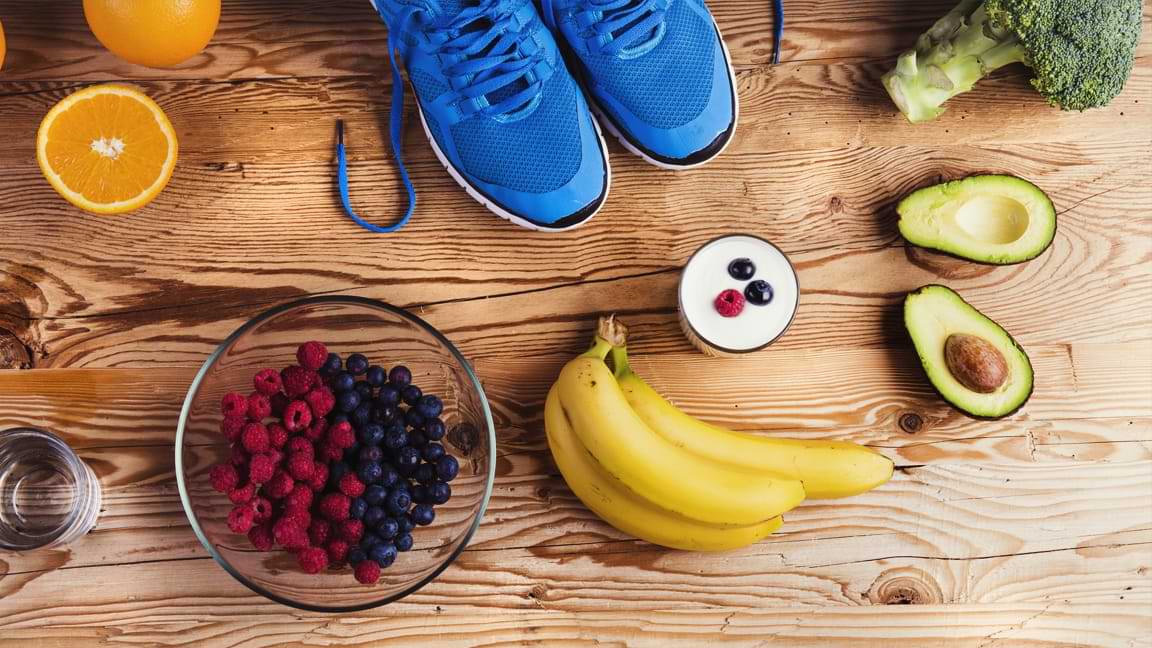
The Power of Plant-Based Diets: How Going Green Can Transform Your Health
, by Samir Padhan, 7 min reading time

, by Samir Padhan, 7 min reading time
In recent years, plant-based diets have gained tremendous popularity, not just among vegans and vegetarians but also among those who are simply looking to improve their health. From heart health to sustainable living, the benefits of plant-based eating are vast. This blog will explore how adopting a plant-based diet can transform your health, boost your energy, and contribute to a more sustainable world.

A diet rich in fruits, vegetables, whole grains, and legumes has been shown to significantly reduce the risk of heart disease. The fiber, antioxidants, and healthy fats found in plant-based foods help lower cholesterol levels, reduce inflammation, and maintain a healthy weight.

Plant-based diets are naturally lower in calories and higher in fiber, which helps you feel full and satisfied without overeating. This makes it easier to maintain a healthy weight, and many people find that they lose weight effortlessly when switching to a plant-based diet.
Your gut health plays a crucial role in your overall well-being, and plant-based diets are packed with fiber that feeds your gut bacteria. A healthy gut microbiome can improve digestion, enhance immunity, and even boost your mood.
Processed foods and animal products can often leave you feeling sluggish and tired. Plant-based diets, on the other hand, are rich in vitamins, minerals, and antioxidants that provide sustained energy throughout the day.

Adopting a plant-based diet isn't just good for your health—it's also good for the planet. Producing plant-based foods requires fewer resources, such as water and land, and generates fewer greenhouse gases compared to animal agriculture.
Studies have shown that people who follow plant-based diets tend to live longer and have a lower risk of chronic diseases like cancer, diabetes, and heart disease. The nutrients found in plants help protect against cellular damage and inflammation, key factors in aging.
What you eat can have a profound impact on your mental health. Plant-based diets, rich in antioxidants and omega-3 fatty acids, can help reduce symptoms of depression and anxiety, improve mood, and enhance cognitive function.
A diet high in fruits, vegetables, and healthy fats can lead to clearer, more radiant skin. The antioxidants found in plant-based foods help protect your skin from damage, while the vitamins and minerals support skin health.
Plant-based diets have been shown to reduce the risk of various chronic diseases, including type 2 diabetes, hypertension, and certain cancers. The fiber, antioxidants, and phytochemicals found in plants help protect against disease and promote overall health.

Many athletes are turning to plant-based diets to improve their performance. The high nutrient density of plant-based foods can enhance recovery, reduce inflammation, and provide sustained energy for workouts.
| Meal | Example Dish |
|---|---|
| Breakfast | Green smoothie with spinach, banana, almond milk, chia seeds |
| Mid-Morning | Apple slices with almond butter |
| Lunch | Quinoa salad with chickpeas, avocado, and mixed greens |
| Snack | Carrot sticks with hummus |
| Dinner | Lentil curry with brown rice and steamed broccoli |
| Dessert | Coconut yogurt with mixed berries |
Q1: Is it hard to get enough protein on a plant-based diet?
A: Not at all! There are plenty of plant-based protein sources like beans, lentils, tofu, quinoa, and nuts that provide all the essential amino acids your body needs.
Q2: Can a plant-based diet help with weight loss?
A: Yes, plant-based diets are typically lower in calories and higher in fiber, which can help with weight loss by making you feel full and satisfied without overeating.
Q3: Do I need to take supplements on a plant-based diet?
A: While most nutrients can be obtained from plant-based foods, you may need to supplement with Vitamin B12, as it is primarily found in animal products.
Q4: How can I start transitioning to a plant-based diet?
A: Start by incorporating more plant-based meals into your week and gradually reduce your intake of animal products. Focus on whole, unprocessed foods and experiment with new recipes.
Q5: Is a plant-based diet suitable for children and pregnant women?
A: Yes, with careful planning, a plant-based diet can provide all the nutrients needed for children and pregnant women. It's important to ensure a well-balanced diet that includes all essential nutrients.


